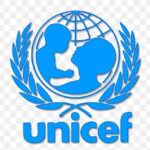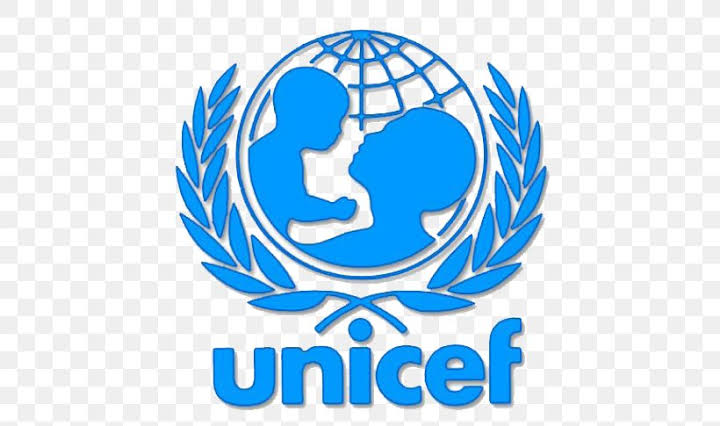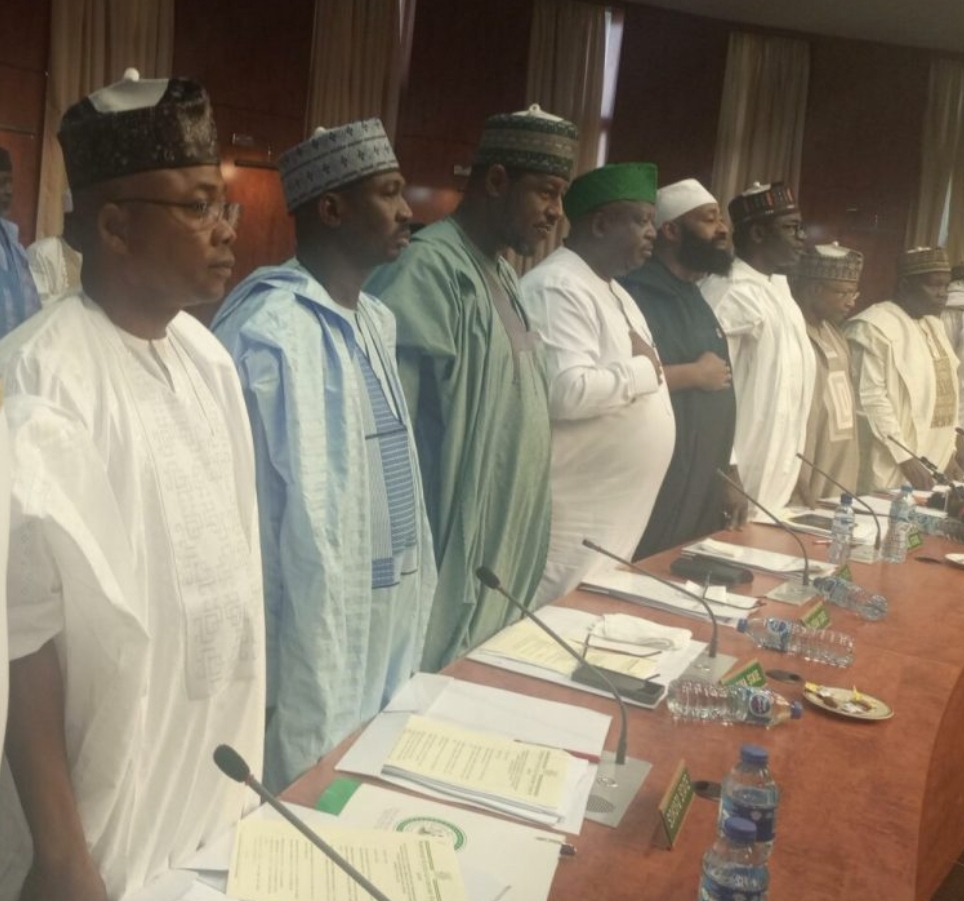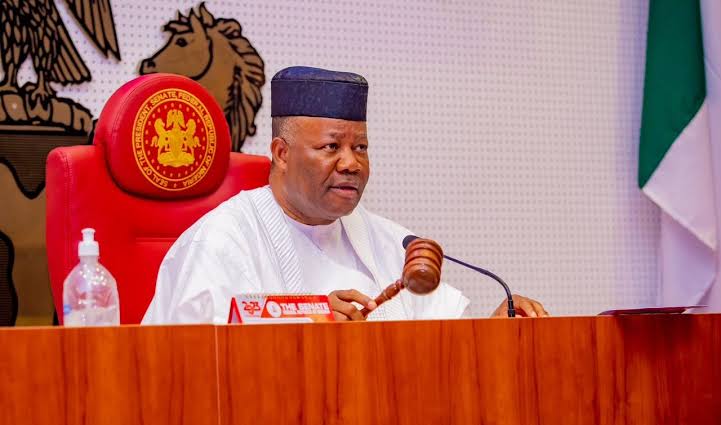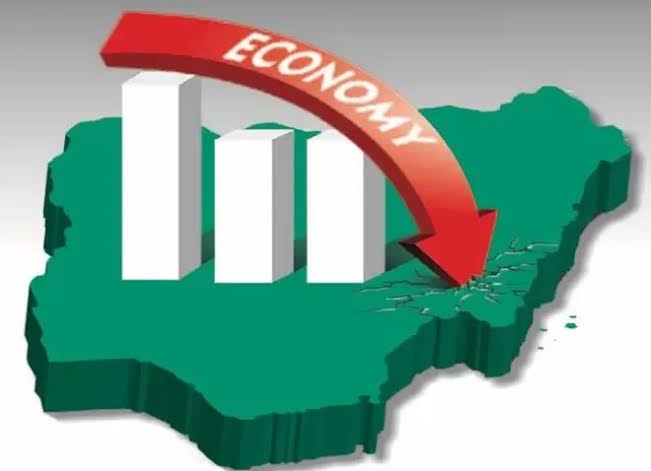8th May 2025
The United Nations Children’s Fund, on Monday, said Nigeria had beaten the war-torn Sudan to emerge as the capital of malnourished children on the African continent and the second highest in the world. There is no sadder news for a country that has been struggling to maintain a semblance of normalcy. This must serve as an alarm bell for all of us, especially those in leadership positions.
What is Sudan known for? As the conflict in the country rages, destroying livelihoods, infrastructure, trade routes and supply chains, the North-East African country has been confirmed by the international community as fast becoming the world’s largest hunger crisis. As of last year, in Sudan, a total of 24.6 million people (around half the population) were acutely food insecure, while 638,000 (the highest anywhere in the world) faced catastrophic levels of hunger. For Nigeria to overtake Sudan in the malnourished children index means that we might be fast descending the doomsday lane of hunger and famine.
As disclosed on the UNICEF website, “Nigeria has the second highest burden of stunted children in the world, with a national prevalence rate of 32 per cent of children under five. An estimated two million children in Nigeria suffer from severe acute malnutrition, but only two out of every 10 children affected are currently reached with treatment. Seven per cent of women of childbearing age also suffer from acute malnutrition. Just 18 per cent of children aged six to 23 months are fed the minimum acceptable diet.”
But when one takes a moment to reflect on this, there is a more depressing concern that stares one in the face. Sudan is a war-torn zone with all the visual signature of social disharmony and political turmoil, where most parents have to depend on the humanitarian intervention of the World Food Programme to feed their children. In contrast, Nigeria has been a working democracy since 1999. The government offices are working full throttle. We have 50 appointed federal ministers who go to work daily on a mandate to make the lives of the citizens better in all aspects.
Apart from a few bandit-controlled local government areas in the far-flung fringes of the country, all government authorities are working according to plan and the allocation that comes down to them from the Federation Account as and when due. In the mainstream media, we are served with hopeful news of a vibrant private sector; on social media, people are selling all sorts of luxury paraphernalia, with many others flaunting their wealth and well-being. There are parties and soirees, as well as fashion parades and sporting picnics. In fact, if you only go by what the eyes can see, Nigeria is basking in luxury.
However, a peep into the other side of the country is as damning as it is revealing. There are children as young as four years old, hawking sundry wares on the streets, while their mates are in school. Many families in many rural areas can only afford to eat cassava pudding morning and night, day in day out, and their children have bloated faces to show that they are not getting enough protein. Some children and adults die off like chickens because they cannot afford to buy malaria tablets for N1,500. There are communities, even in the Federal Capital Territory, that share what they call rivers – actually ponds and seasonal lakes – with cattle and other domestic animals.
There are countless Nigerians whose take-home pay from their day jobs is as low as N30,000, and they struggle to survive on this paltry sum. For most of these citizens, meat is a luxury. Ironically, some of them are waiters and hostesses in restaurants, hotels and bars, where fellow citizens spend N30,000 in one sitting just for lunch, while their political representatives gallivant with N150m SUVs.
What about the bandit and Boko Haram-governed territories? These exist as if they are not part of Nigeria. The only governments they know are terrorist mandate territories. They pay their taxes to the criminals and serve as their subjects. They surrender all their farm yields to the bandits that rule over them. The nourishment of their children is not a priority: little ones born to grow up into slavery, who work while there is strength in their born, and are buried like animals when they drop dead from exhaustion. For the girl children among them, life is only about satisfying their slave masters either as wives or as concubines. But nobody talks about nutrition or nourishment, and the government most time denies such enclaves exist.
Perhaps, this is why nobody really cares who is hungry and who is not in Nigeria. We are living in denial that we have outsourced the job of finding the truth to international agencies like the UNICEF and others.
Anyway, once in a while, the government, through the National Bureau of Statistics, tries to tell the truth. Late last year, the NBS, in its ‘Cost of Healthy Diet’ report, said the national average cost of a healthy diet per adult a day stood at N1,346 in September 2024. This was a 7.3 per cent increase compared to the N1,255 recorded in August. The slide was steady. The June CoHD report showed a 45 per cent increase over six months: from N858 in January 2024 to N1,241 in June 2024. During the same period, general and food inflation climbed to 34.2 per cent and 40.87 per cent, respectively.
This means that as the days go by, Nigerians sink further into the bottomless pit of hardship and starvation. Therefore, the UNICEF, in rating Nigeria as having the hungriest children in Africa, is only telling us what we already know. The only difference is that they put it in its proper context – alas, war-torn territories are healthier than us!
Sadly, we live in a bubble, searching for happiness only at an individual level. We make money and steal money and lie to ourselves that all is well with our country. The waiter, salesgirl or artisan is on the lookout for a quick way to swindle his or her employer because everybody knows the salary is not enough. Even the civil servants and the government that pay them know that the N70,000 minimum wage is not enough to feed the workers, but mum is the word.
We are a country in the throes of debilitating bipolar disorder. We complain about hunger, yet we do not raise an eyebrow when the people who steal our food are unmasked. Just recently, the EFCC arrested some NNPC officials over alleged mismanagement of funds earmarked for the rehabilitation of the refineries, totalling $2,956,872,622.36. In fact, according to The PUNCH report, “impeccable top management sources at the Nigerian National Petroleum Company Limited revealed that N80bn was found in the account of one of the sacked MDs”. There is also another allegation that N71bn from the student loan scheme, NELFUND, is missing.
Truth be told, we are a very hungry people. But we are just too self-deceptive to tell ourselves the truth. According to the NBS ‘Cost of Healthy Diet’ report, the national average cost of a healthy diet per adult a day stood at N1,346 in September 2024. If you do the math, that is about N4,000 for three square meals per day, which comes to N120,000 just for an individual in one month. So, tell me, how in the world can a N70,000 monthly salary feed a single Nigerian and nourish their children?
Greg Odogwu
Punch Newspapers

